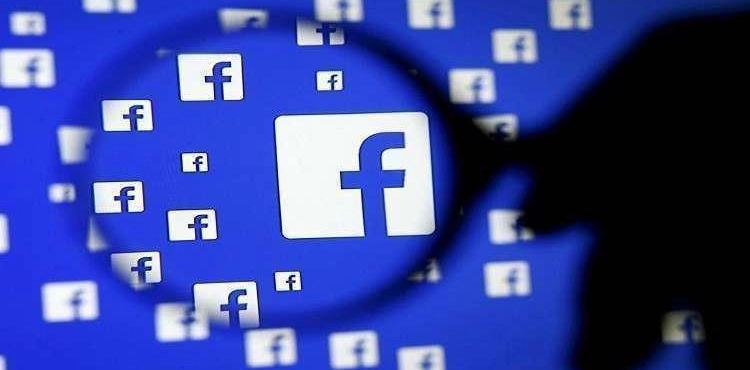Washington _ Agencies
Facebook faces charges of selling user data to several companies, despite promises by Mark Zuckerberg not to do so.
The charges follow a new report detailing secret e-mail messages leaked from inside the company that highlight a "malicious" plan to collect personal information for users.
This year, Facebook distributed free user data, allowing hackers access to millions of accounts.
The Wall Street Journal revealed a new privacy problem, with internal emails showing in a leaked court document how Facebook was preparing a plan to push advertisers to spend more money.
This will be in exchange for "increased access to user information," according to the report of the US newspaper, although Facebook follows a strict policy on the non-sale of personal user information, as the head of the company´s CEO, Mark Zuckerberg, told the US Congress, earlier This year: "I can not be clearer on this subject, we do not sell your data."
But these emails, which were sent between 2012 and 2014, indicate that Facebook was planning to earn profits from selling data to a "third party".
The newspaper "The Wall Street Journal", that the leaked messages were contained in the papers filed against Facebook by a technology company called "Six4Three."
Facebook has fought to keep court files, including related e-mails, confidential, but the United Kingdom was able to obtain official documents by forcing "Six4Three" to hand them over to the British authorities.
"We will issue the documents publicly next week," said Damien Collins, a member of the British parliament who heads the Culture and Information Committee and the sports committee. The Wall Street Journal has already received three pages of the documents, which show that Facebook employees have discussed changing their strategies to get More money than developers.
One plan included paying at least $ 250,000 a year to maintain data access.
"We were trying to figure out how to build sustainable business," a Facebook spokesman was quoted as saying. "We´ve had a lot of internal conversations about how to do that."
He explained that in the end, Facebook decided not to impose fees on access to data, or to pay companies to spend more on advertising in exchange for access.












